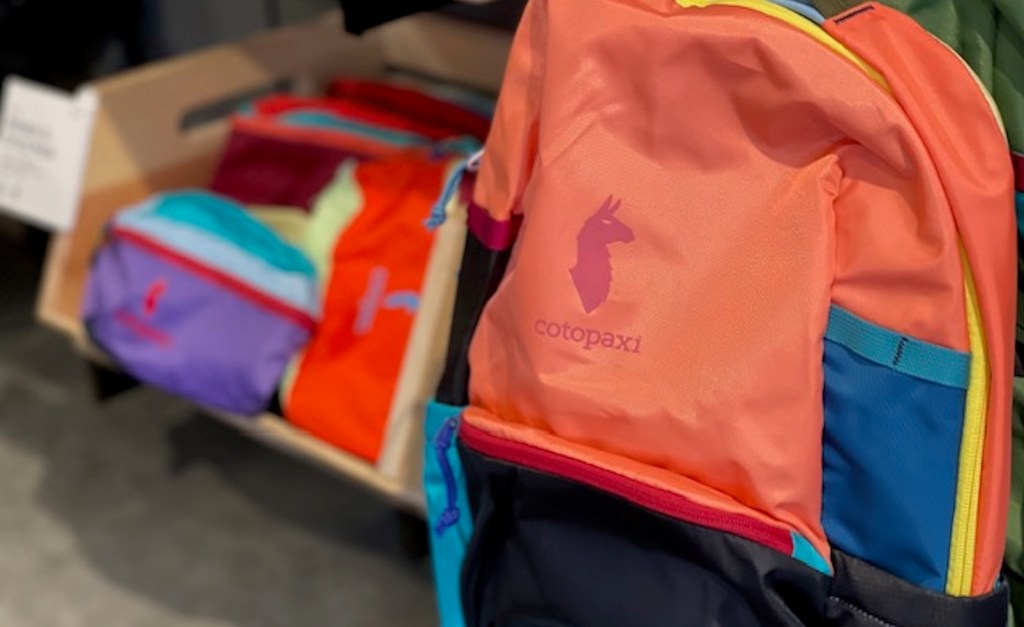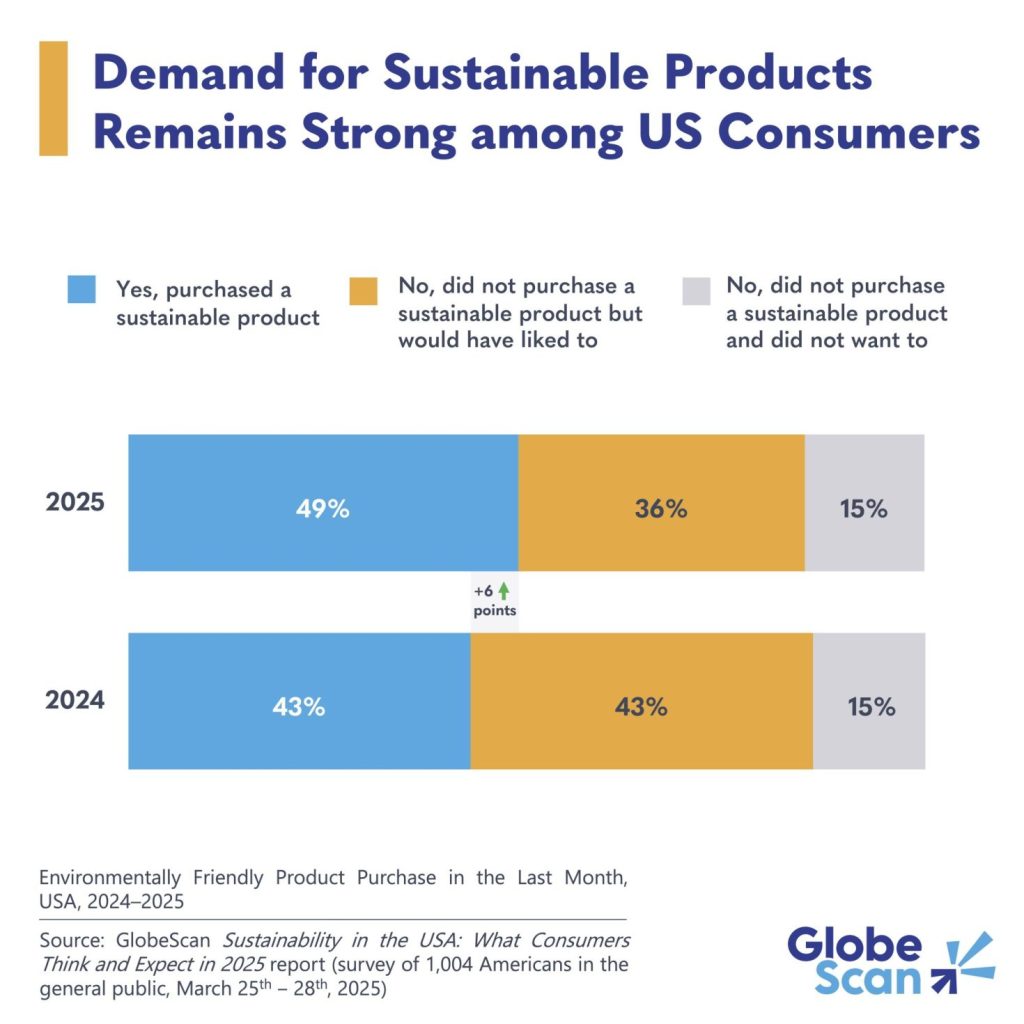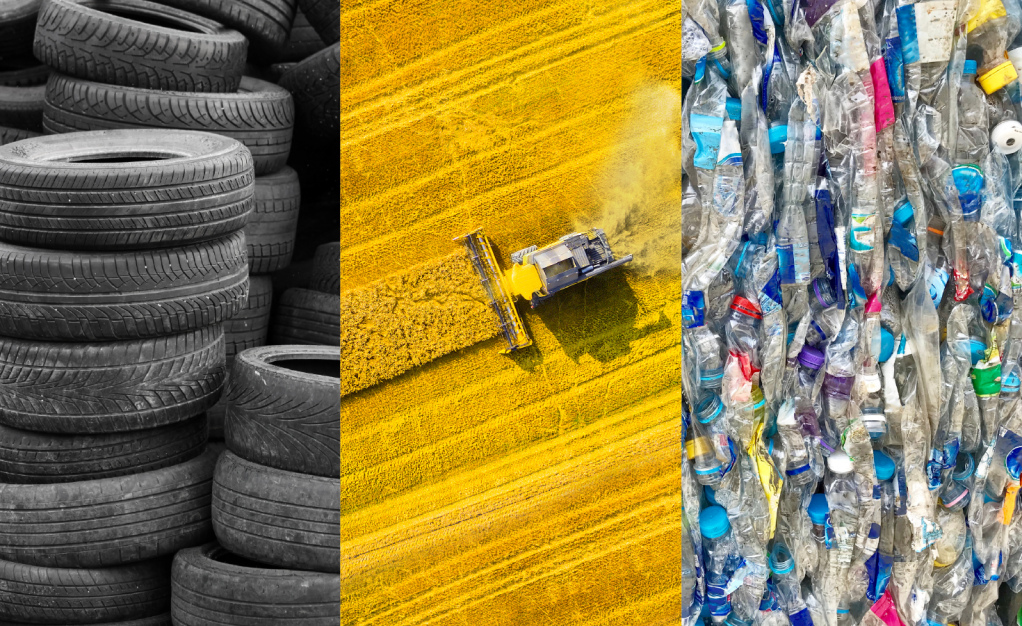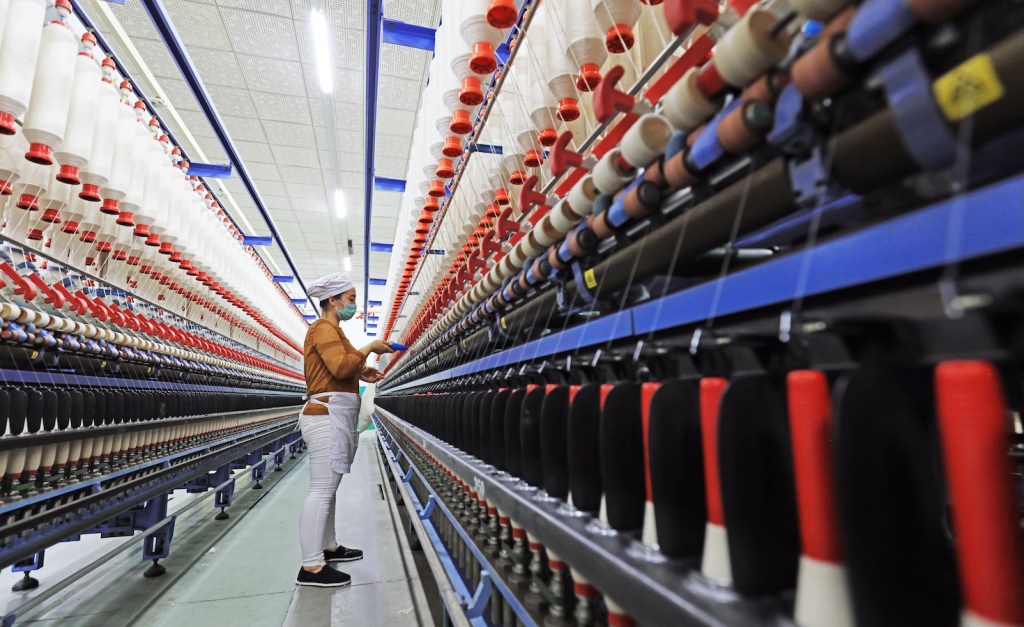Supply Chain
Deadstock is key to Cotopaxi’s circularity strategy
Patchwork backpacks help the Salt Lake City brand shrink climate emissions and water use. Read More
Survey: Nearly half of U.S. consumers say they buy sustainable products
Only 15 percent of people expressed no interest in environmentally-friendly products. Read More
The world is becoming less circular. Here’s how to reverse that
Businesses must adopt circular design, extend product lifespans and collaborate to reduce waste and dependence on raw materials, according to the 2025 Circularity Gap Report. Read More
What to look out for at Circularity 25 this week
Circular economy practitioners join in Denver from April 29 to May 1. Here are key moments to watch from the event, remotely or in person. Read More
The state of fleet electrification: Why 87% of companies plan to add EVs in the next five years
Companies are pushing ahead with green fleets, despite potential supply-chain disruption from U.S. tariffs. Read More
Hèrmes and Stella McCartney embrace a leather alternative: fungus
Luxury brands are partnering with startups on biodegradable leather alternatives. Here's how their purses, shoes and couches are inching toward the mainstream. Read More
Lessons from the emerging effort to advance ‘circular’ textiles in health care
In a bid to reduce plastic waste and emissions, startups and researchers are advancing the frontiers of recyclables. Read More
System for “radical collaboration” on emissions data expands to the U. S.
BMW, Siemens and others have developed a common architecture that allows automotive companies to share sustainability information seamlessly. Read More
Fashion leader Tricia Carey joins ‘low-carbon’ crop startup Avalo
The company is expanding its efforts to propagate climate-resilient, low-carbon cotton in the Texas Panhandle. Read More
Fashion is only 8.6% toward 2030 emissions deadline. Here’s how to speed up
Halfway to a deadline for cutting emissions, apparel and footwear companies need help. The Apparel Impact Institute has some thoughts. Read More









